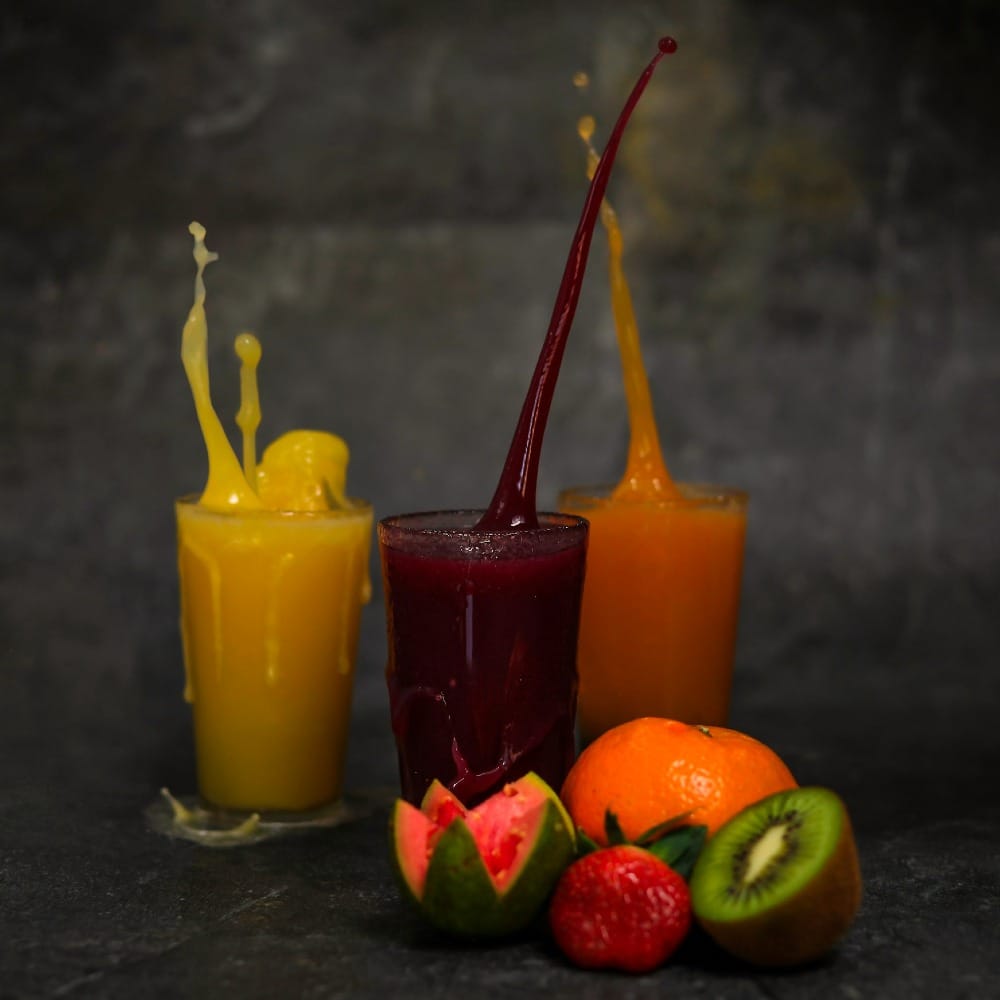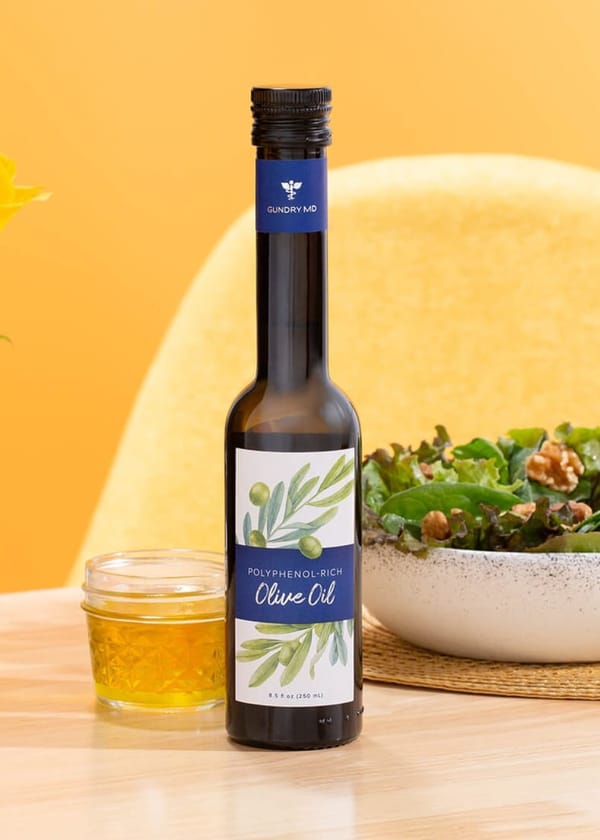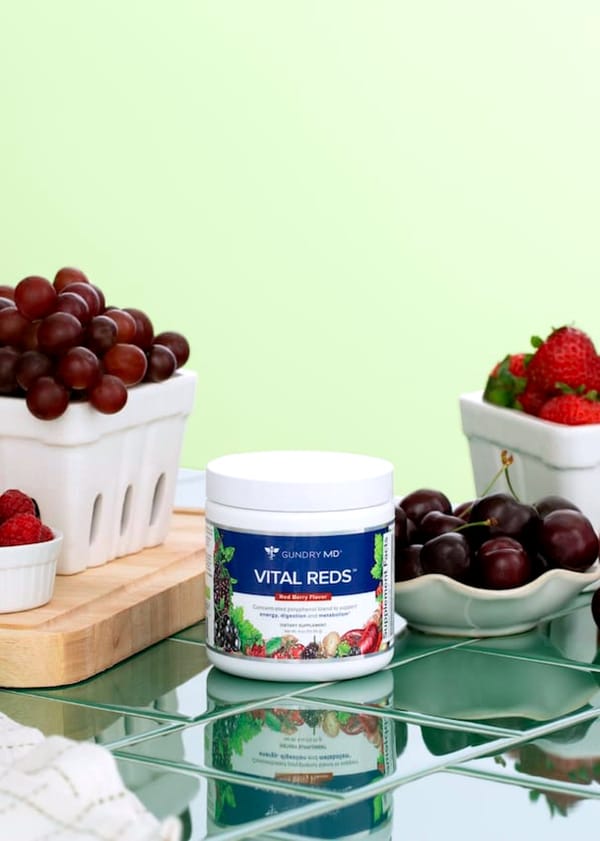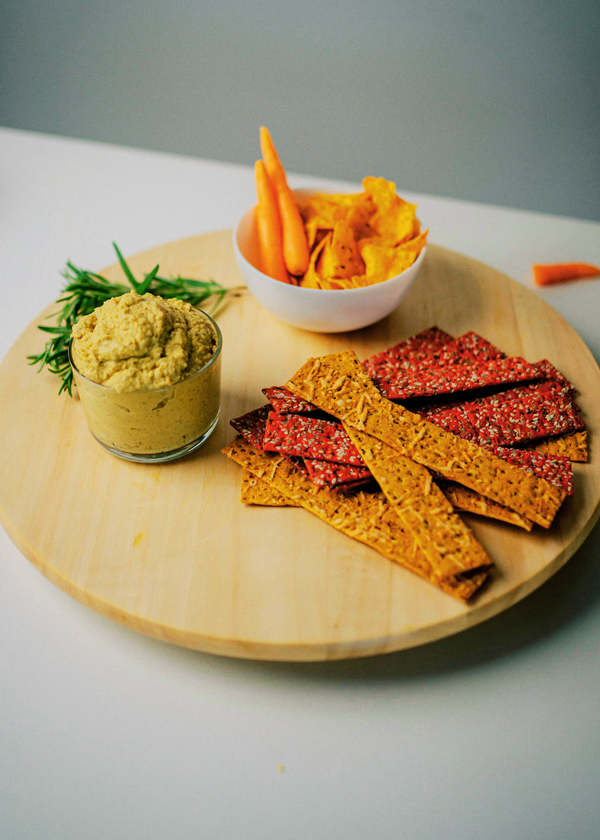Juice cleansing has become a popular way to reset the body, clear out toxins, and jumpstart a healthier lifestyle. But what exactly is a juice cleanse, and how can it benefit you? In this comprehensive guide, we'll explore the ins and outs of juice cleansing, providing you with all the information you need to decide if this health trend is right for you.
Key Takeaways:
- Juice cleansing involves consuming only fruit and vegetable juices for a set period to detoxify the body and promote health.
- It's essential to prepare your body before starting a juice cleanse and to ease back into a regular diet afterward.
- While juice cleanses can offer health benefits, they are not suitable for everyone and should be approached with caution.
What is Juice Cleansing?
Juice cleansing, often referred to as a juice cleanse, is a type of detox diet that involves consuming exclusively juices from fruits and vegetables for a certain period, typically ranging from one to ten days. The idea is that drinking only juices will give your digestive system a break from processing solid foods, allowing it to focus on eliminating toxins and absorbing nutrients more efficiently.
Proponents of juice cleanses claim that this process can lead to various health benefits, including improved digestion, increased energy levels, and even weight loss. However, it's important to note that scientific evidence supporting these claims is limited, and juice cleanses should not be considered a long-term solution for weight management or health.
Preparing for a Juice Cleanse
Before embarking on a juice cleanse, it's crucial to prepare your body to avoid shock and maximize the benefits. Start by gradually reducing your intake of caffeine, sugar, dairy, and processed foods a few days before the cleanse. This can help minimize potential withdrawal symptoms such as headaches and cravings.
Additionally, it's a good idea to increase your consumption of fruits, vegetables, and water during the preparation phase. This will help your body adjust to the upcoming change in diet and ensure you're well-hydrated before beginning the cleanse.
Choosing the Right Juices for Your Cleanse
When embarking on a juice cleanse, selecting the right concoction of juices is paramount to ensure you're nourishing your body with essential nutrients. A balanced blend of fruits and vegetables can provide a symphony of vitamins, minerals, and antioxidants. For instance, dark leafy greens like kale and spinach are rich in iron and vitamin K, while beets and carrots pack a punch with beta-carotene, vital for eye health. Citrus fruits, loaded with vitamin C, can help in detoxification processes. It's not just about taste; it's about creating a nutrient-dense juice palette that supports your body's needs.
Moreover, understanding the sugar content in your juices is crucial. While fruits like apples and pineapples add a natural sweetness and are tempting to use liberally, they can also spike your blood sugar levels. Balancing fruit with lower-sugar options such as cucumbers and celery can mitigate this. Additionally, incorporating superfoods like spirulina or chlorella can boost the nutritional profile of your juices. Remember, the goal of juice cleansing is to rejuvenate, not to overwhelm your system with sugars, so choose wisely and diversify your juice selections.
Common Mistakes to Avoid During a Juice Cleanse
When embarking on a juice cleanse, it's easy to fall into some common traps that can hinder the benefits you're aiming for. One such mistake is not staying hydrated with water in addition to your juices. While it might seem counterintuitive—after all, you're consuming liquids all day—juices, especially those high in sugar, can actually dehydrate you. So, remember to drink plenty of water to help flush out toxins and keep your body well-hydrated.
Another pitfall is overexerting yourself physically. It's natural to want to complement your juice cleanse with exercise, but it's crucial to listen to your body. During a cleanse, your caloric intake is lower than usual, which can lead to decreased energy levels. Overdoing it at the gym can cause fatigue or even injury. Instead, opt for gentle activities like yoga or walking, which support your cleanse without overtaxing your system.
Juice Cleansing and Digestive Health
Juice cleanses can have a significant impact on your digestive system. For starters, the influx of vitamins and minerals from fresh juices can aid in digestion and help regulate bowel movements. However, it's important to note that juices lack the fiber found in whole fruits and vegetables, which is essential for healthy digestion. To counter this, some people incorporate fiber supplements or small amounts of fiber-rich foods into their cleanse.
Moreover, a juice cleanse can act as a reset button for your gut. By giving your digestive system a break from processing solid foods, you allow it to focus on healing and absorbing nutrients more efficiently. This can be particularly beneficial for those who suffer from bloating or indigestion. Just be sure to reintroduce solid foods gradually post-cleanse to avoid shocking your digestive system, and consider consulting with a healthcare professional before starting a cleanse, especially if you have existing digestive issues.
Incorporating Juice Cleanses into Your Lifestyle
Integrating juice cleanses into your lifestyle should be a thoughtful and personalized process. It's not a one-size-fits-all approach, and it's essential to listen to your body's signals. Some may find that a seasonal cleanse, perhaps at the change of each season, helps them to reset and recharge. Others might prefer a more frequent routine, such as a one-day cleanse every few weeks. The key is to align the cleanse with your physical needs, energy levels, and daily demands. It's also important to consider how a cleanse will fit into your social and work life, as it requires planning and commitment.
For those with a hectic schedule, a shorter one-day cleanse might be more practical than a prolonged program. It's also worth noting that the benefits of juice cleansing can be extended by incorporating certain elements into your regular diet. For example, starting your day with a green juice can provide a nutrient-rich energy boost. Similarly, replacing an afternoon snack with a fresh vegetable juice can help maintain the positive effects of a cleanse. By weaving the principles of juice cleansing into your everyday routine, you can enjoy sustained benefits without the need for drastic dietary changes.
During the Cleanse: What to Expect
Once you start your juice cleanse, you'll be consuming a variety of juices made from fruits and vegetables throughout the day. It's essential to drink plenty of water in addition to the juices to stay hydrated and help flush out toxins.
During the cleanse, some people may experience side effects such as fatigue, dizziness, or changes in bowel movements. These symptoms are typically temporary and should subside as your body adjusts. However, if you experience severe discomfort or symptoms persist, it's important to listen to your body and consider stopping the cleanse or consulting a healthcare professional.
Post-Cleanse: Transitioning Back to Solid Foods
After completing a juice cleanse, it's important not to jump straight back into your regular diet. Instead, gradually reintroduce solid foods, starting with easily digestible items like steamed vegetables and broths. Over the next few days, you can slowly add more variety to your diet, including fruits, nuts, and lean proteins.
This gradual transition helps prevent digestive issues and allows your body to adjust back to its normal dietary routine. It's also an excellent opportunity to implement healthier eating habits learned during the cleanse, such as consuming more whole foods and reducing processed items.
Potential Benefits and Risks of Juice Cleansing
Juice cleanses can offer some health benefits, such as an increased intake of vitamins and minerals from the fruits and vegetables used in the juices. They can also encourage hydration and may lead to a temporary feeling of lightness and clarity.
However, juice cleanses also come with risks. The lack of fiber in juices can impact digestion and bowel regularity. Additionally, the low calorie and protein content of most juice cleanses may lead to muscle loss and a decrease in metabolism if done for too long. It's essential to weigh these potential benefits and risks carefully and to consult a healthcare provider before starting a cleanse, especially if you have underlying health conditions.
Summary
Juice cleansing is a dietary practice that involves consuming only fruit and vegetable juices for a short period. It's intended to detoxify the body and provide a nutritional boost. To ensure a safe and effective cleanse, it's important to prepare your body beforehand, stay hydrated during the cleanse, and ease back into a regular diet afterward. While there are potential benefits to juice cleansing, such as increased nutrient intake and hydration, there are also risks, including nutrient deficiencies and digestive issues. Always consult with a healthcare professional before beginning a juice cleanse, especially if you have health concerns.
Our goal is to equip you with the information you need to make well-informed decisions and foster a better understanding of the topic at hand. So, take a moment to explore our thoughtfully compiled FAQs and embark on a journey of discovery and enlightenment.
FAQ Section
Q: How long should a juice cleanse last?
A: The duration of a juice cleanse can vary, but most programs last between 1 to 10 days. It's generally recommended to start with a shorter cleanse, especially if you're new to juice cleansing.
Q: Can I eat any solid food during a juice cleanse?
A: Typically, no solid foods are consumed during a juice cleanse. The focus is on drinking fruit and vegetable juices to give the digestive system a break. However, some cleanses may include smoothies or vegan broths.
Q: Is a juice cleanse safe for everyone?
A: Juice cleanses are not suitable for everyone. Children, pregnant or breastfeeding women, individuals with weakened immune systems, and those with certain medical conditions should avoid juice cleanses. Always consult a healthcare professional before starting a cleanse.








